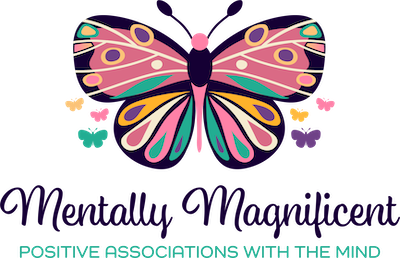Currently, studies show that people in the black community are 20% more likely to experience mental health problems and only 1 in 3 African Americans seek treatment to help alleviate mental distress.
I believe is it crucial to have an awareness of “the why” to help remedy the issue. Brainstorming on approaches to improve the current state is more achievable if the contributing factors can be pinpointed. Let’s explore some of these reasons
1) Cultural stigma around mental illness
Oftentimes, in African American communities, seeking help for mental health disturbances is seen as a weakness, or a sense of defeat is assumed. There is also that thought of being viewed as “crazy” if needing assistance for mental health. Sometimes, people will turn to sources that seem “safer” such as the church or a friend. These options have their place but the question becomes, are the sources educated and trained to adequately treat mental challenges?
Many people with mental challenges are thought to be violent or dangerous and this comes from how mental illness is portrayed in movies.
There was also a time in history when people with mental challenges were thought to have a demonic spirit and there are remnants of these historical beliefs for some today.
2) Family shame
There are many families where mental health is not addressed and swept under the rug. Concerns about the “image” of the family or how the loved one may be labeled are common.
3) Low-level competence of non-black clinicians.
Unfortunately, there are non-black clinicians in black communities with no cultural competence. Cultural competence is needed to understand the complexities of race and ethnicity’s impact on mental health. When this insight is lacking, the ability to relate and gain the comfort and trust of the patient is diminished.
4) Distrust in the medical system
Issues like lack of trust in providers, particularly non-black providers, are enmeshed in this issue. There have been numerous historical violations to the rights of black people in healthcare. This distrust does not just go away with time. For many, historical events serve as evidence that these unethical acts can occur again.
5) Apprehension to emotional expression
Many of us come from families where expression of feelings was not nurtured. Oftentimes, we take on the mindset of being “strong and pressing forward”. Getting in touch with our emotions can be a process and, adding to that, sharing emotions can feel more vulnerable than many would like.
6) Poor experiences
Imagine how providers who lack cultural awareness impact a person coming into a space needing interaction with emotional safety. Many people are coming into spaces very vulnerable and unsure if they should be there. Negative experiences can set a person back who “took a chance” in seeking help.
Again, the awareness of why black communities have barriers to mental health care can provide clarity. Clarity helps with resolution individually and collectively.








